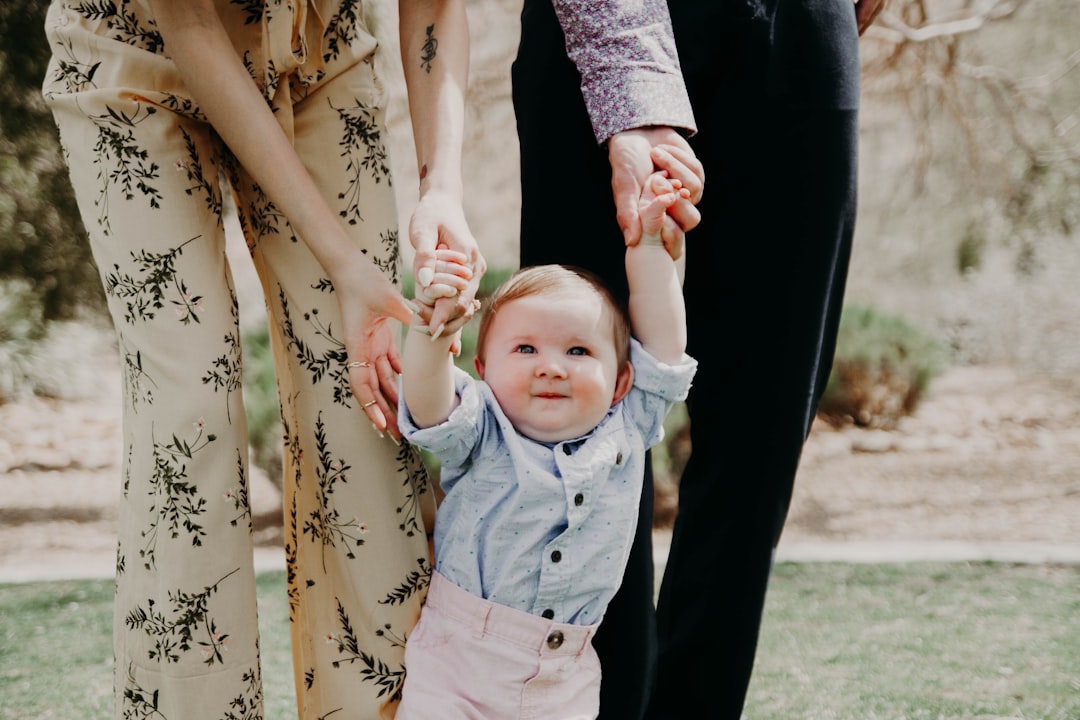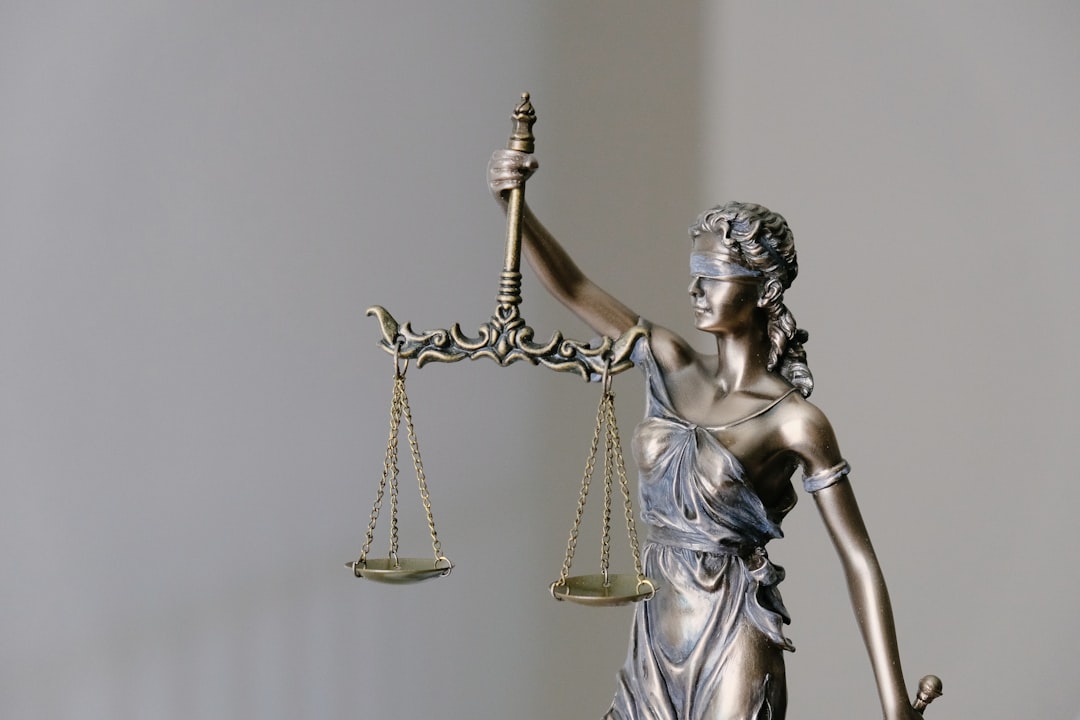In Illinois, where strict child abuse laws are in place to protect young lives, a qualified child abuse lawyer is an indispensable ally. Understanding these laws and navigating complex legal procedures can be daunting for victims and families. This comprehensive guide delves into the crucial role of a child abuse lawyer, explores legal procedures, and highlights resources available to support those affected by this senseless crime. For those seeking justice in Illinois, knowing your rights is the first step toward healing.
Understanding Child Abuse Laws in Illinois

In Illinois, child abuse laws are designed to protect minors from any form of harm, neglect, or exploitation. A child abuse lawyer in Illinois plays a critical role in navigating these complex legal matters, ensuring that victims’ rights are upheld and perpetrators face justice. The state has established clear definitions of child abuse, including physical, emotional, sexual, and medical neglect, as well as abandonment. These laws aim to hold accountable anyone who causes or allows harm to a child, whether it’s a parent, caregiver, or any other individual in a position of trust.
Understanding these laws is crucial for families facing child abuse allegations, as well as for those looking to pursue legal action. A qualified child abuse lawyer in Illinois can provide essential guidance, helping clients understand their rights and options under the law. They are equipped to handle various cases, from reporting suspected abuse to representing clients in court, ensuring that justice is served and the best interests of the child are prioritized.
The Role of a Child Abuse Lawyer

A child abuse lawyer in Illinois plays a pivotal role in advocating for the rights and well-being of children who have suffered physical, emotional, or sexual abuse. They are legal professionals specializing in navigating complex laws and procedures to ensure justice for victims. These lawyers work tirelessly to protect the interests of their young clients, often representing them in civil lawsuits against abusers or institutional entities responsible for the harm.
By leveraging their extensive knowledge of child protection laws, evidentiary rules, and best practices, child abuse lawyers in Illinois help build robust cases that can lead to legal consequences for perpetrators and increased safety nets for at-risk children. They collaborate with various agencies, including law enforcement, social services, and healthcare providers, to gather evidence, interview witnesses, and guide their clients through the legal process. Ultimately, these attorneys strive to achieve favorable outcomes, whether it’s securing compensation for medical expenses and therapy or advocating for improved protective orders.
Navigating Legal Procedures for Victims and Families

Navigating legal procedures can be daunting, especially for victims and families dealing with child abuse cases in Illinois. A qualified child abuse lawyer plays a pivotal role in guiding individuals through this complex landscape. They ensure that all necessary steps are taken to protect the rights of the child and bring justice to those responsible.
These attorneys specialize in understanding state laws and regulations pertaining to child protection, which can vary from county to county. They help victims and families file reports, gather evidence, and obtain medical care for the affected children. By providing legal counsel, they empower clients to make informed decisions, enabling them to focus on the well-being of their loved ones while leaving the intricate legal work in capable hands.
Resources and Support for Child Abuse Cases in Illinois

In Illinois, navigating complex child abuse legal matters can be daunting for victims and their families. Fortunately, a multitude of resources and support systems are available to help those affected by this sensitive issue. Child abuse lawyers in Illinois play a pivotal role in ensuring justice and protection for children. These legal professionals not only guide clients through the intricate legal processes but also connect them with crucial support services tailored to their needs.
Support organizations, including non-profit groups and government agencies, offer counseling, medical assistance, and temporary housing for victims of child abuse. Additionally, legal aid societies often provide pro bono services or at a reduced cost, making legal representation more accessible. For parents facing false accusations, there are also advocacy groups that offer guidance and support throughout the legal process, emphasizing the importance of competent legal counsel in these challenging times.





